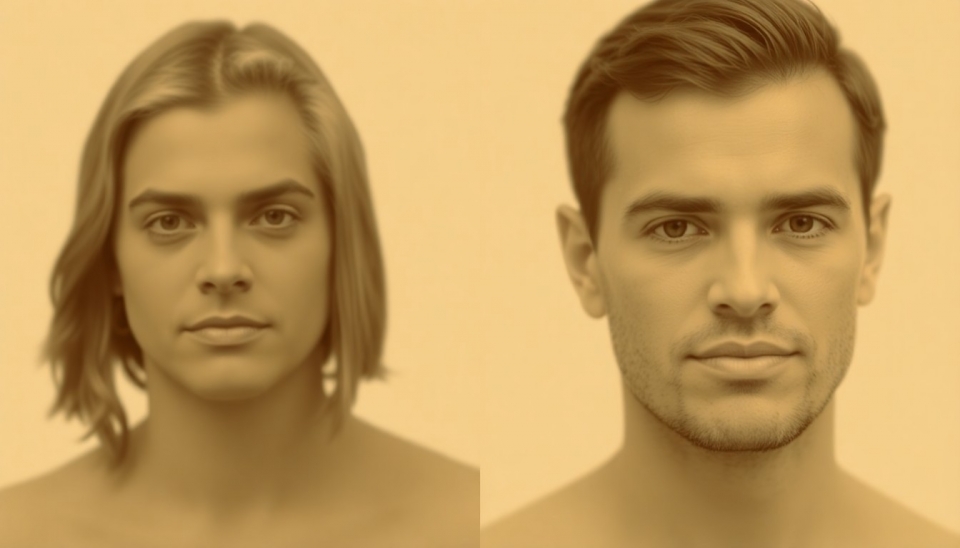
The rise of deepfake technology has taken the world by storm, with easy access and affordability allowing virtually anyone to create lifelike synthetic videos and audio. This burgeoning trend has sparked concerns about the ethical implications and legal challenges that accompany the rapid development of such powerful tools. With numerous applications flooding online platforms, the legal system is struggling to keep pace, leaving a significant gap in regulations to address the misuse of such technology.
Deepfake technology, originally developed for entertainment and artistic purposes, has recently found itself in the crosshairs of controversy. As these cheap and efficient apps proliferate, their potential for misuse has raised alarm bells among policymakers, technologists, and civil rights advocates alike. The combination of increased accessibility and decreasing costs means that more individuals can generate content that blurs the line between reality and fabrication, making it increasingly difficult to discern fact from fiction.
Experts on the podcast discuss the implications of this unchecked expansion of deepfake technology. They note how fast these tools have seeped into everyday life, far outpacing legislative responses designed to prevent the potential for harm. Current legal frameworks were not designed to deal with synthetic media and the myriad challenges it presents, prompting calls for new guidelines and protections.
While some jurisdictions are beginning to draft laws aimed at combating the dangers posed by deepfakes, many countries remain without adequate legal protections. The lack of regulation has created an environment where misinformation can thrive, particularly during sensitive periods, such as elections or public health crises. The potential for malicious deepfakes to influence public opinion, spread propaganda, or damage personal reputations is a growing concern for both individuals and society at large.
As deepfake applications continue to evolve, developers and users alike face ethical dilemmas. There is an urgent need for responsible usage, as well as a framework that holds creators accountable for the content they produce. The discussion around these topics highlights the importance of media literacy, as individuals must develop the ability to critically assess the content they encounter online.
In summary, the podcast dives deep into the intricacies of the deepfake phenomenon, addressing both the technology itself and the corresponding societal impacts. It raises critical questions about where the responsibility lies for regulating and mitigating the risks associated with these powerful tools. As we move forward into an era where the lines between truth and deception can be manipulated at the touch of a button, the call for more robust legal responses becomes increasingly urgent.
To stay informed on the evolving nature of deepfake technology and its implications, listeners are encouraged to engage in discussions surrounding ethics, responsibility, and regulation as society navigates this complex landscape.
#Deepfake #Technology #Legislation #MediaLiteracy #Ethics #Misinformation #Podcast #SyntheticMedia
Author: John Miller




